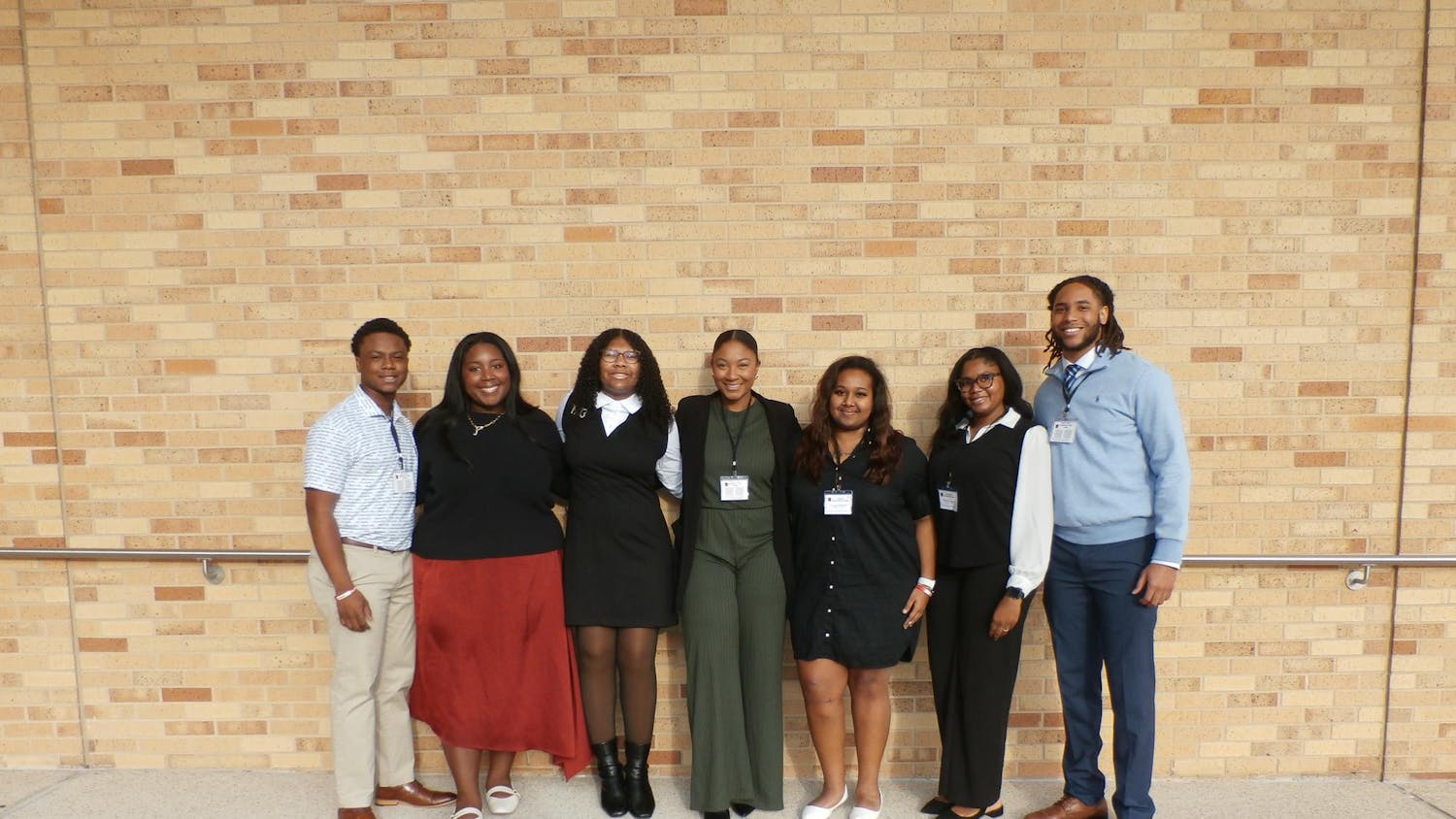There once was a time when a fag was a fag, a bitch was a bitch and the word cunt was simply an anatomical expression.
In recent years, however, loaded words like these have picked up new meanings, transforming them into hurtful insults.
"Words have a great deal of power; they can bring joy, cause damage and inflict pain," said Barbara Baker, director of the Women's Leadership Institute. "When people feel powerless, they often use painful words in an effort to appropriate the power of those words." Many students and professors find the shifting of word meaning an interesting and powerful force in our culture.
According to the Oxford English Dictionary, faggot has had more than seven different meanings.
When first used in 1300, it meant "A bundle of sticks, twigs or small branches of trees bound together." After this, it took on a variety of meanings, including the practice of burning heretics alive, a small bundle, a grouping of steel rods, a term of abuse for women, a term of abuse for the elderly, a person temporarily hired to fill a position and, finally, a term of abuse for a male homosexual.
Similarly, bitch was originally used to describe a female dog, then a lewd or sensual woman, a whimsical man, a primitive Alaskan lamp and an abusive term for women.
Cunt, originally a word for the female external genital organs, changed meaning in 1929 to a vulgar term of abuse for women.
Thomas Nunnally, associate professor of English, dissects the changing meaning of taboo words in his essay "Word Up, Word Down, The Social Vicissitudes of 'Blop' and 'Bleeper.'"
"All societies, it would seem, proscribe, or place a taboo upon, the unrestricted use of certain words, such as those relating to the sacred and to certain body functions and body parts," Nunnally said in his article. "In regard to the current linguistic trends, therefore, one may argue that the basis of taboo has shifted from the physical body and the sacred to the body politic and conceptions of social justice."
Some students think the casual use of these words should be avoided.
"Many students have had these words used against them in a negative connotation, and thus when the terms are thrown around casually they potentially conjure up negative feelings," said Nick De
Pompa, junior doctoral student at the College of Veterinary Medicine and president of the Spectrum Alliance.
"I use words like faggot and bitch with my friends all the time," said Jeremy Cooley, sophomore undeclared. "We think it's fun and we don't mean them offensively." Baker, however, doesn't think it's all in good fun.
"I have always thought it ironic that certain groups will use words among themselves that they would never tolerate from outside of their group," Baker said. "I think they use these words to recoup the power that they lose when painful words are used against them."
When faced with a situation in which offensive terms are used, De Pompa advises the use of caution while still being proactive to end the use of hurtful words.
"The student needs to do what they think is appropriate, given the situation and circumstance," De Pompa said.
However, even if these offensive terms eventually fall out of common use among students, they will quickly be replaced in our culture by other words with the same hurtful meanings.
In his article, Nunnally explains that "silencing a mouth does not change a heart, and that developing true tolerance requires people to learn more than what not to say."
Do you like this story? The Plainsman doesn't accept money from tuition or student fees, and we don't charge a subscription fee. But you can donate to support The Plainsman.




